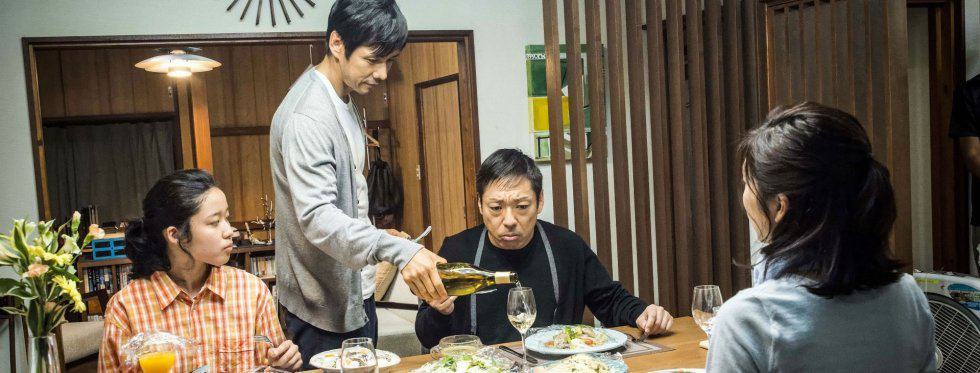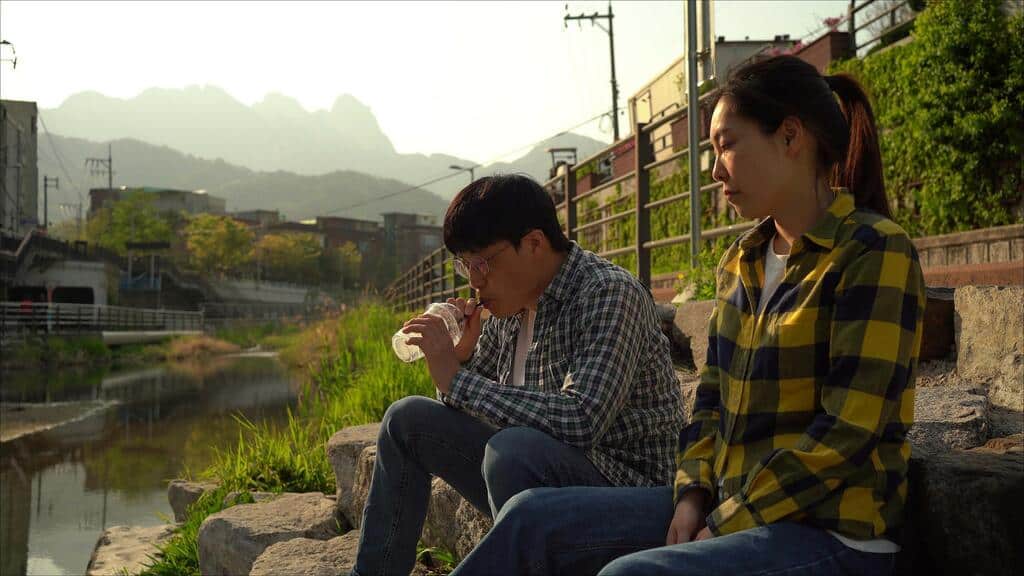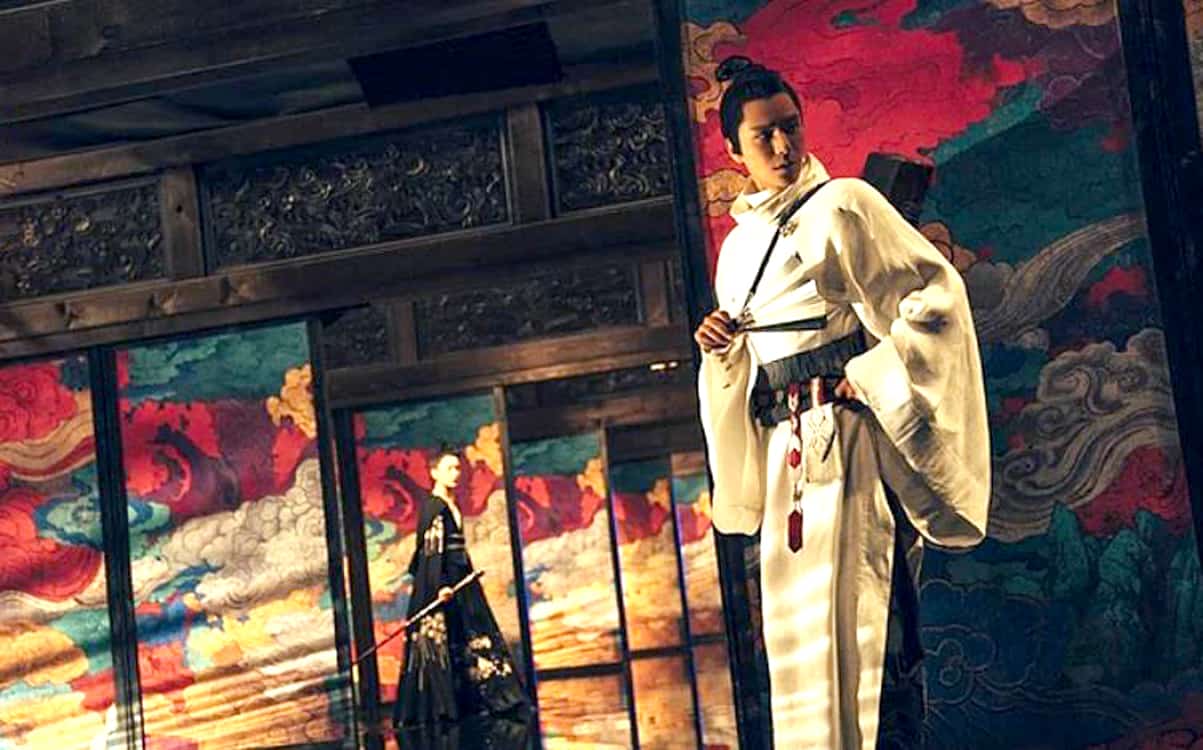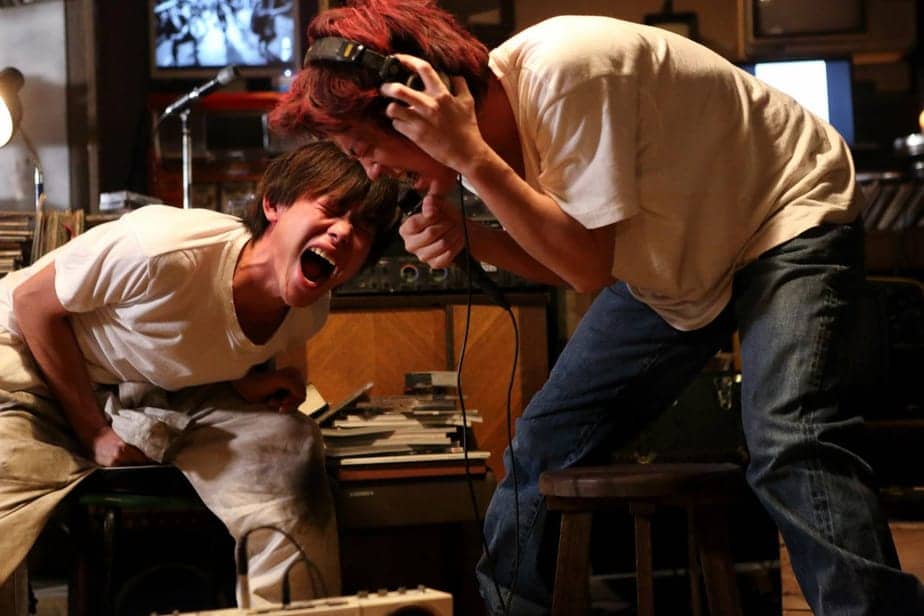Based on the homonymous novel by Project Itoh, which received the Philip K. Dick Award in 2010, “Harmony” takes place in a utopia of the future, after nuclear war and disease have plagued and destroyed a large part of the world. As the planet's population has deteriorated vastly, the focus of this utopia is towards the common good rather towards the individual. In that fashion, two technologies were implemented: WatchME, a system of nano-machines implanted in every adult to monitor all of his bodily functions; and Medicare, that treats the problems WatchMe finds.
Buy This Title

The story revolves around Tuan, a girl who has fled from the utopian environment of Japan to sub-Saharan Africa, supposedly to observe the cease-fire for the World Health Organization, but actually to be in a place where indulges such as alcohol consumption are still permitted. However, she soon has to turn back, since her past is still chasing her. When she was young, she and her friend Cian Reikado were largely influenced by another friend, Miach Mihie, who felt trapped in the notion that her body does not belong to her. The three of them decided to escape this Utopia by committing suicide, the only one who succeeded, though, was Miach. Now, as 6000 people across the world commit suicide simultaneously, Tuan has to face her past, a conspiracy that seems to involve fractions in the government, and her own father, who has abandoned her when he was little.
Arias and Nakamura direct an extremely intricate story in a complex environment, with constant plot twists, very interesting characters, and many social and political messages. However, their direction does not succeed in portraying all this intricacy, and the film ends up being overly complex. The fault is probably not entirely their own, since it was rather difficult to cover such a labyrinthine story in just two hours, but the fact remains that “Harmony” is a movie very hard to follow. On the other hand, the message the story wants to present eventually comes through, particularly the one regarding total control of the lives of people from a higher authority, even if its purpose is their own and the society's good. Furthermore, “Harmony” includes some minor exploitation notions through the various action scenes, some very grotesque ones and some subtle lesbian notions, which offer an entertaining break from the titles general “cleanliness.”

Technically, Studio 4°C has created another visual poem, with each frame being a work of art. Particularly the various buildings are astonishing both in their drawing and in their conception. The environment is also great and very detailed and the same applies to the animation, with the movement of both the characters and the various vehicles being highly realistic and overall very smooth. The coloring is another point of excellence, which heightens even more the impressive depiction of the title. The sole flaw in this department lies with the drawing of the characters, which looks more “western” than the one usually met in Japanese anime, which, in my opinion, is the most intricate around. The issue, though, is not enough to lessen the overall artistry of the title.
“Harmony” is a film worth watching simply for the way it looks, which would benefit the most, though, if it was adapted into a series rather than a movie.















